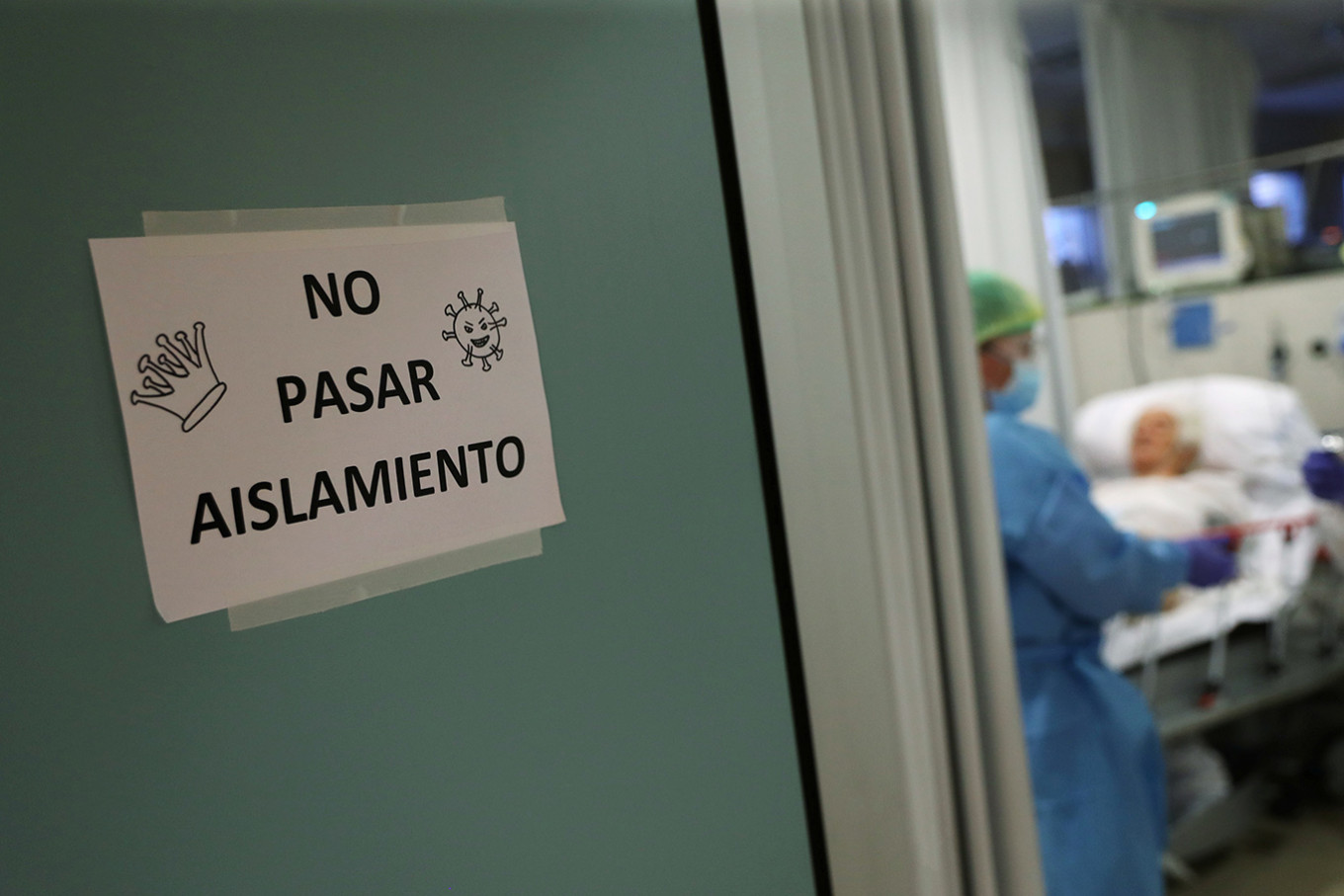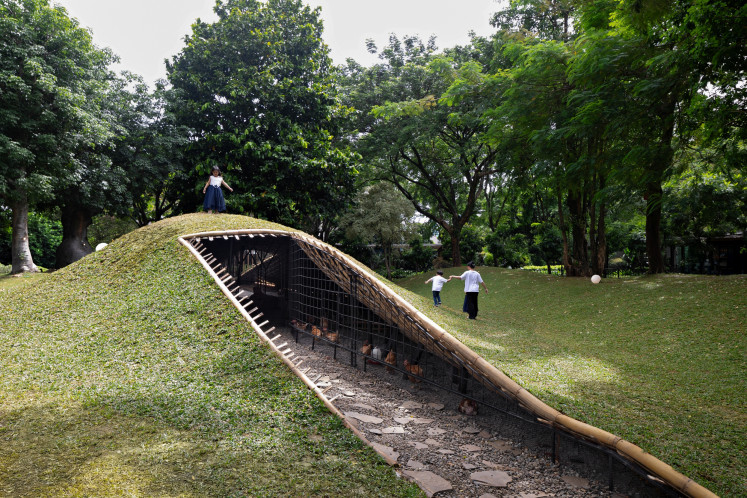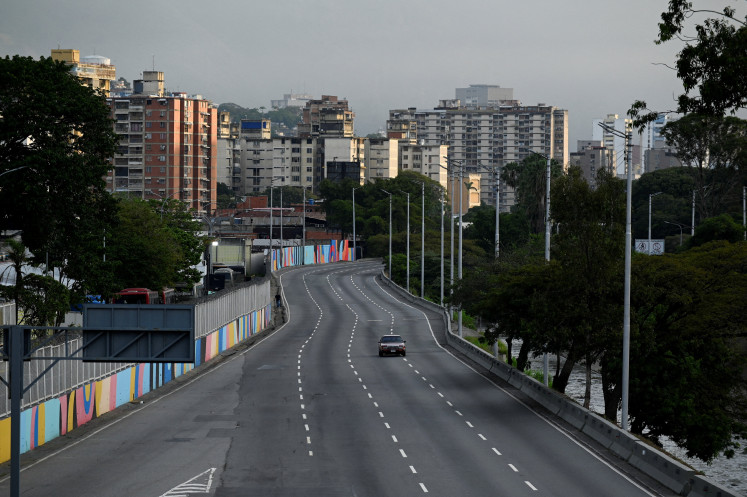Popular Reads
Top Results
Can't find what you're looking for?
View all search resultsPopular Reads
Top Results
Can't find what you're looking for?
View all search resultsScientists discover 'immune scars' on patients with lung infections
Change text size
Gift Premium Articles
to Anyone
P
atients recovering from severe lung infections develop "immunological scars" that stifle their body's immune response and heighten their risk of contracting pneumonia, a common killer of COVID-19 sufferers, researchers said Monday.
Studies in both humans and mice showed that the body's immune response is temporarily switched off after some severe infections, rendering patients more vulnerable to new bacterial or viral diseases.
A team of researchers from the University of Melbourne's Peter Doherty Institute for Infection and Immunity and the University Hospital of Nantes found that the cells that form the immune system's first line of defense -- macrophages -- were "paralyzed" after severe infection.
Macrophages neutralize bacteria and raise an internal alarm that sends immune cells rushing to the site of infection.
Once the threat is taken care of, the macrophages down tools and the body goes back to running as normal.
But by analyzing blood samples from patients who had suffered severe infections, researchers found that their macrophages had been deactivated.
This left patients at greater risk of contracting potentially fatal secondary infections such as pneumonia while in hospital.
Europe alone sees around 500,000 hospital patients infected with pneumonia annually -- around 10 percent of those die.
Researchers also identified the trigger or "switch" for reanimating the macrophages, a receptor known as SIRP-alpha.
This was found to restore the macrophages to their "full capacity".
The team said their findings could influence how hospital infections are treated -- including rethinking the systematic use of antibiotics, to which super bugs are increasingly resistant.
"We believe an alternative approach is to recharge the immune system to take it out of its paralyzed state, or to prevent paralysis in the first place, so that patients will be able to protect themselves against secondary infections without resorting to antibiotics," said Jose Villadangos from the Peter Doherty Institute.
"Turning off the newly-described switch may be such an approach," said Villadangos, lead author of the study published in Nature Immunology.
The research may have significant implications on how COVID-19 cases are treated in future.
Most COVID-19 deaths occur due to a cytokine storm -- a process whereby the body's own immune response runs wild causing acute and often fatal inflammation.
Antoine Roquilly, from the University Hospital of Nantes, said better understanding the SIRP-alpha and other immune switches that temporarily shut down the body's immune response "may prevent the storm from occurring and improve the survival of these patients".











